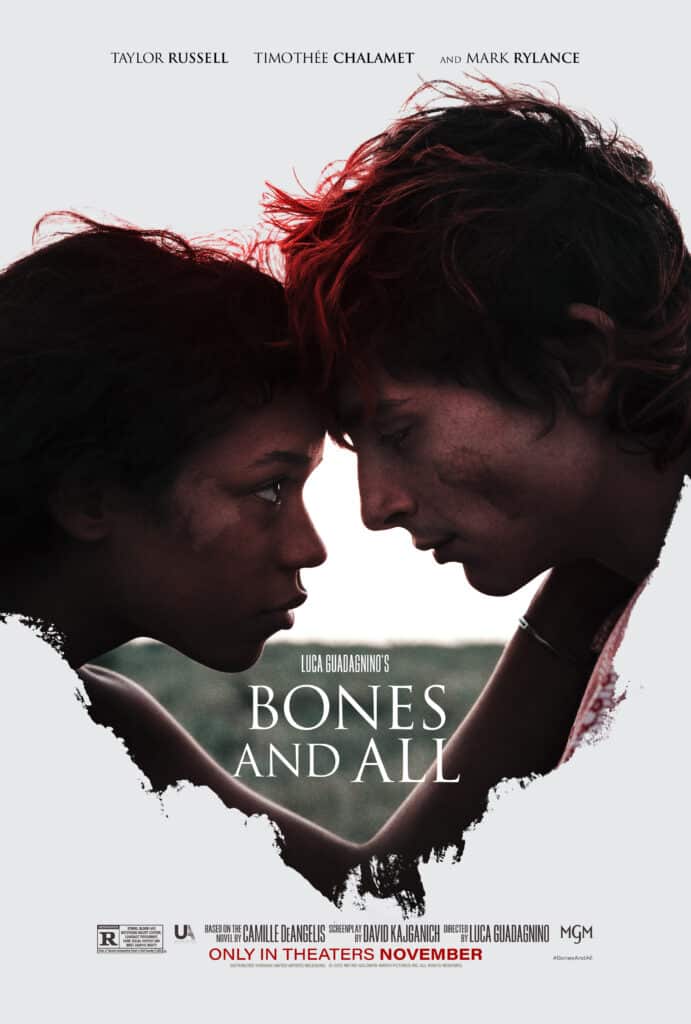
Here we are at the end of another fantastic year for film music. Of course, there were many scores that earned my affection in 2022—Michael Giacchino’s best-in-blockbuster-class The Batman, the jazz wizardry of Justin Hurwitz’s Babylon, Arnoud Rebotini’s pulse-pounding Dark Glasses, and Michael Abels’ spectacular Nope, justto name a few. But as I reflect on the many hours I spent listening to movie music this past year, there’s one score I found myself revisiting and reveling in (slightly) more than the rest: Trent Reznor and Atticus Ross’s sublime Bones and All.
Directed by Luca Guadagnino and starring Timothée Chalamet and Taylor Russell as star-crossed cannibal lovers, Bones and All was easily one of my most anticipated films of the year. As a passionate fan of Guadagnino’s previous two films, Call Me by Your Name and Suspiria, I knew I would be in for another breathtakingly beautiful and stylish affair, regardless of the new film’s horrific subject matter. Stunning visuals aside, music certainly played a large part in my enjoyment of Guadagnino’s last two films, from Call Me by Your Name’s ‘80s sun-bleached pop bliss to Suspiria’s haunting, balletic ballads. However, I still couldn’t have anticipated just how deep Reznor and Ross’s achingly emotional original score would sink its teeth into me.
At this point, Reznor and Ross need no introduction. The duo’s sprawling and acclaimed body of work speaks for itself in terms of their versatility and mastery of many styles. Yet, somehow, upon first hearing the stark plucks of acoustic guitar that define the score’s central “I’m With You” cues, I was blindsided. ‘This is a Reznor and Ross score?’ I questioned, in momentary disarray as I was met with a gorgeous and airy acoustic melody, rather than the usual distorted electronics. Once that initial shock passed, however, what I was left with—and still feel today upon many repeat listens—is awe at a motif that feels so simple I might be crazy enough to think I could have written it myself. I hang on each note and am absorbed into the open spaces between each strum, the silences feeling as vast as the rural American vistas Guadagnino paints onto his canvas. The four “I’m With You” variations, and the sparse theme at their core, make up the backbone of the soundtrack, capturing the film’s aching, raw vibe in just a few notes. It’s incredibly restrained work, the kind only seasoned composers like Ross and Reznor, who have nothing left to prove, can muster.
If the variations of “I’m With You” are the score’s backbone, then “The Great Wide Open” is its exposed, beating heart. Sitting in the dark, as the scene featuring this cue unfolded on screen (the details of which I won’t spoil here, and my words would do its emotional wallop little justice), I was immediately struck by how powerfully this cue carried the film’s epic emotional climax. At about five minutes long, the track takes its time to unfold as Reznor and Ross show expert patience in how they delicately reveal the intricacies of what our two love-struck characters are feeling. From the tender embrace of the opening acoustic melody, to the rising tension felt as subtle dissonant tones suddenly threaten to derail everything, to the climatic relief of the finale, the composition ebbs and flows effortlessly and masterfully mirrors the emotional journey of our lead characters. Like how a smell can conjure vivid, if abstract, memories of a past time or place, whenever I listen to even the first few notes of this track, I’m taken back to this scene—not seeing, or hearing the characters, but feeling what they’re feeling. Now, if that’s not an example of a composer (or in this case two of them) doing their job to a T, I don’t know what is.
To keep the anatomic metaphor going, there’s a lot of meat on this score’s bones beyond the pieces discussed above. Despite the atypical use of acoustic instruments, there’s plenty of trademark Reznor and Ross dissonance to remind us that in this film violence and beauty are never far apart. “Vinegar” contorts into a twisted soundscape of squeaks and groans punctuated by thudding electronic drum kicks, “Night in the Cornfield” crescendos with the orgasmic release of a dark, pulsing synth after an evocative bit of sound design, and “Unfinished Business” is a 10-minute showstopper that ramps up the distortion, harsh electronics, and disturbing diegetic samples into a cacophony of chaos. While I may not actively seek out these tracks for pleasure listening, I enjoy them as a critical counterbalance to the score’s other, lighter cues—their harshness making other tracks feel even more hopeful, resilient, and beautiful.
As Bones and All exemplifies, 2022 really was a spectacular year for film music. At the risk of sounding corny just after New Year’s, I’m very grateful to have the opportunity to listen to, appreciate, and be inspired by the music and films of incredible artists like Trent Reznor, Atticus Ross, Luca Guadagnino, Michael Giacchino, Matt Reeves, Justin Hurwitz, Damien Chazelle, Arnoud Rebotini, Dario Argento, Michael Abels, Jordan Peele, and many, many, many more. To wrap up this article and year of film music watching, reviewing, and appreciating, it feels only fitting to play myself out with Bones and All’s stunning finale, “(You Made It Feel Like) Home”, which again took me by surprise and which I originally thought was sourced rather than created for the film. Sung beautifully by Reznor, I find comfort in his words: “In a world that isn’t ours, in a place we shouldn’t be. For a minute, just a minute, we made it feel like home.” A reminder that whatever this new year brings, wherever I am in the world, whoever I’m with, and whatever I’m doing, I always have the music of these phenomenal artists to seek comfort, peace, and solace in.
Editor’s Note: This score also appeared on our article covering the best film scores of November 2022.
About the Author: Hey, I’m Sam. I like violent movies with synth scores and listening to library music on the beach. My perfect idea for a date is taking a trip to 1970s Italy where I can stumble into a stylish murder mystery involving a black-gloved killer featuring music by Ennio Morricone. I live in Vancouver, B.C. and think too hard about what I write on my Letterboxd. Twitter: @mondosammi
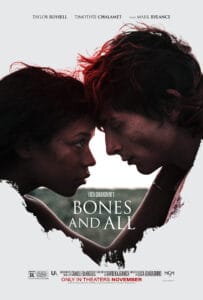
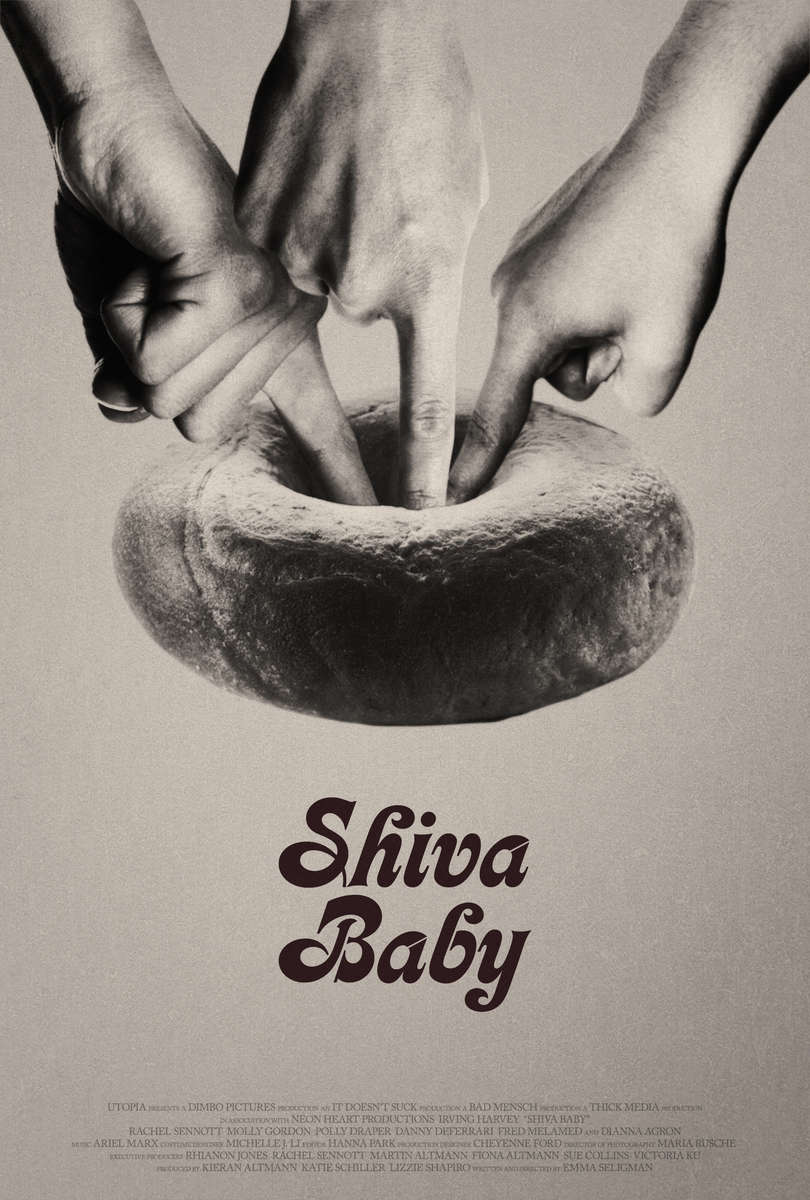
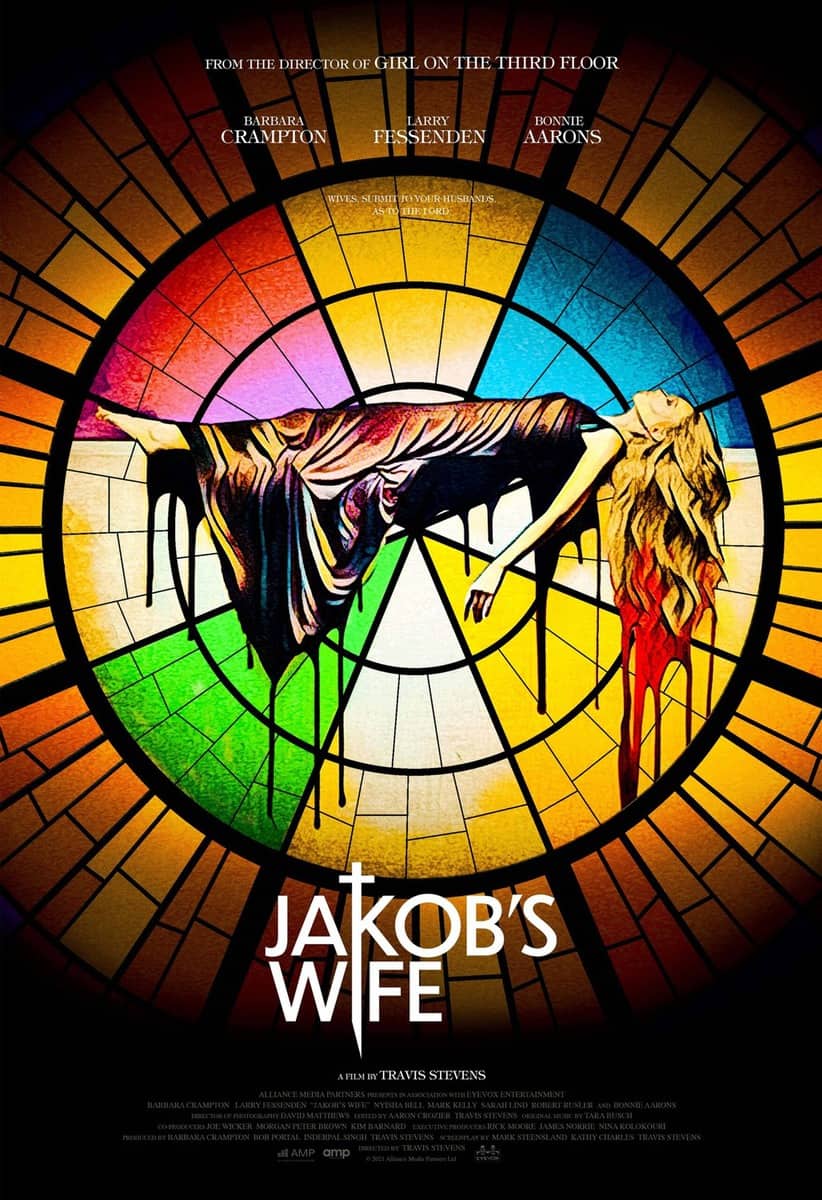
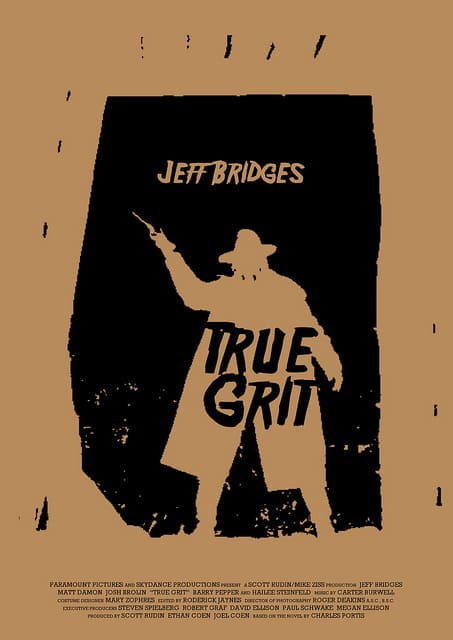
Every time I try to explain just how I felt watching and still feel about this film I am unable to put the words together. This review by Sam is all I need. The score and how Sam puts it all together for us… well, it’s exceptional. So, when I am asked how I feel or what I thought about the film I just tell them to read this article and listen to the soundtrack at the same time. EMOTIONAL.